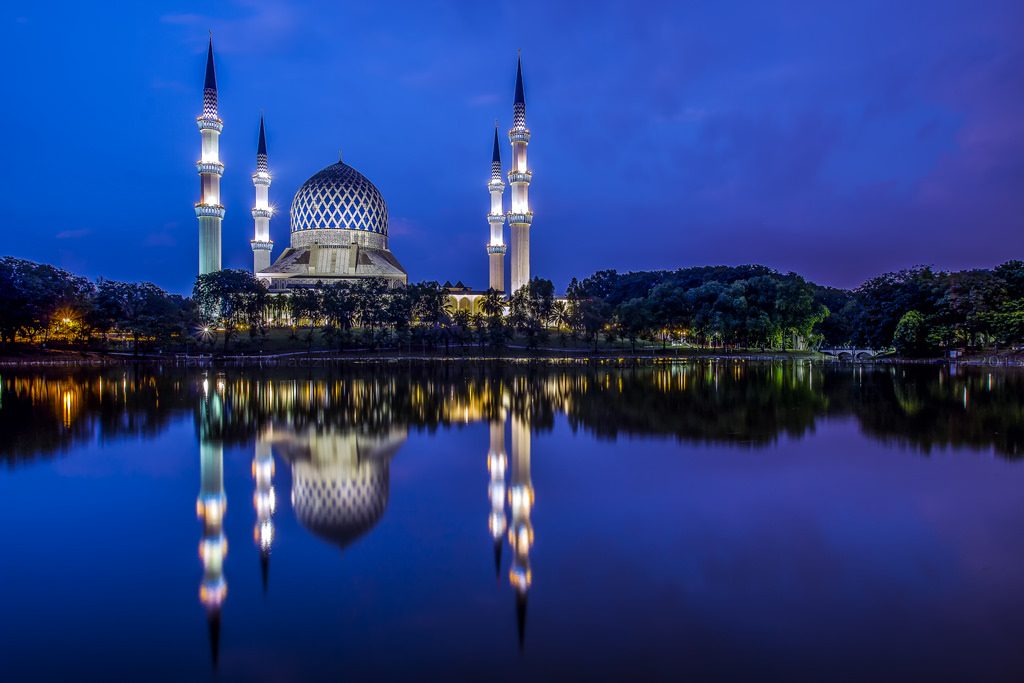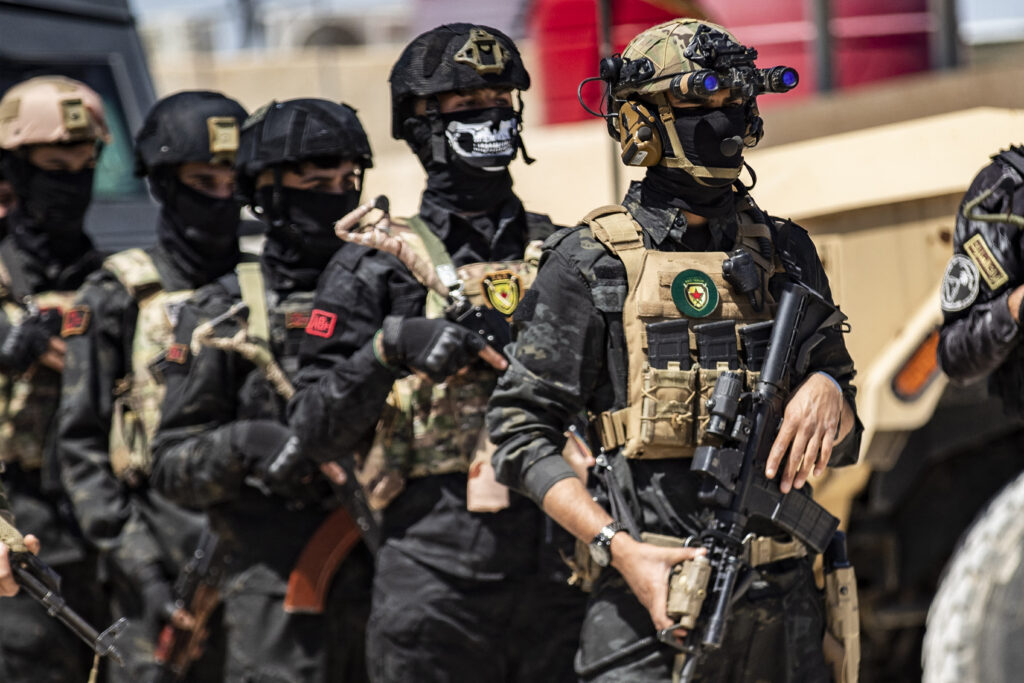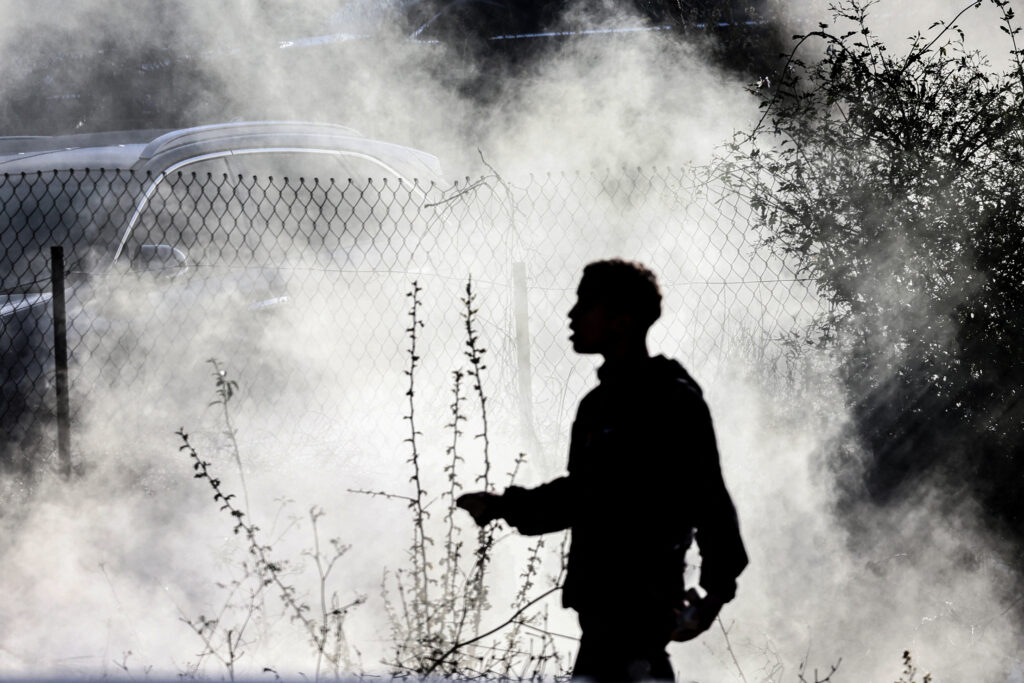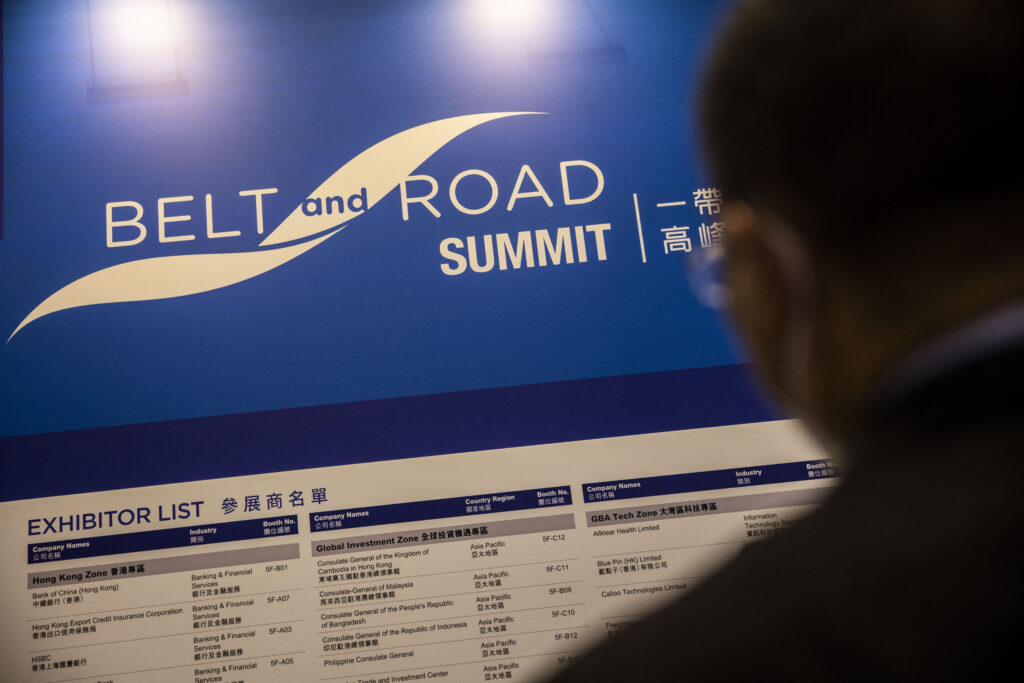By Nazry Bahrawi
Download Insight 40 Bahrawi HERE
While largely positive, the post-9/11 scramble for moderate Islam in Southeast Asia can run counter to the progressive ideal of pluralism if touted overzealously. A decade after 9/11, the pursuit of moderate Islam as the antithesis to radical Islam has changed the contours of Islamic theology in the Nusantara, or parts of Southeast Asia with sizable Malay Muslim populations, in hitherto unimaginable ways. The trajectory of this discourse is especially pertinent to a post-Mubarak Egypt, where three out of its five declared presidential hopefuls are known Islamist figures. Both Hazem Salah Abu Ismail and Abdel Moneim Aboul Fotouh are former senior officials of the Muslim Brotherhood, while Mohammad Salim Al-Awa is the former head of the London-based International Union for Muslim Scholars. With the presidential election speculated to be held sometime early next year, Egyptian elites will have the next few months to mull over the shape of Islam in the public sphere. If they look east, they will certainly find the cases of Indonesia, Malaysia, and Singapore founding members of the Association of Southeast Asian Nations (ASEAN) instructive. Despite varying expressions of moderate Islam in these Nusantara nations, they are all aimed at carving out a viable existence for Muslims in the modern world, extolling the virtues of pluralism, rationality, and democracy. Indonesia the world’s most populous Muslim nation saw the establishment of Jaringan Islam Liberal or the Liberal Muslim Network in March 2001. An independent civil society organisation, a group of Muslim activists and scholars, including emerging Islamic thinker Ulil-Abshar Abdalla, started the Network in a bid to promote a form of Islam that stresses individual freedom and the liberation from all forms of oppressive structures of politics and society. Malaysia’s former Prime Minister Abdullah Ahmad Badawi has spearheaded an expression of moderate Islam as Islam Hadhari, or Civilizational Islam, which shares certain key pluralistic ideals with Indonesia’s theology of liberal Islam such as the protection of the rights of minority groups and women. However, Islam Hadhari also serves a more political function for Badawi’s ruling party, the United Malays National Organisation (UMNO). Latching on to the post-9/11 fear of Islamic fundamentalism, Islam Hadhari was touted as an alternative to the Islamic state rhetoric expressed by Badawi’s Islamist political nemesis, the Pan-Malaysia Islamic Party (PAS). Introduced just months before the 2004 general election, Islam Hadhari served UMNO well PAS managed to retain only seven of its 27 seats. The Muslim minority community in Singapore has also hitched a ride on the moderate bandwagon. In 2005, its government-initiated Islamic authority, the Islamic Religious Council of Singapore or MUIS, outlined ten desired attributes of a moderate Muslim as part of its Singapore Muslim Identity. For instance, a good Muslim is also a good citizen, as well as a contributing member of a multi-religious society and a secular state. What are the impacts of this post-9/11 scramble to define moderate Islam? Most noticeably, these differing interpretations have given rise to a contestation of ideas, which in turn have led to three overarching positive effects. First, this contestation of ideas has democratised interpretations of Sunni Islamic thought among the Muslim masses, deconstructing the oft-cited view that there is only one Islam, namely the traditionalist kind. This is an encouraging development whose primary feat is not the prevention of radical Islam, but rather the possibility for Sunni theology to incorporate non-Western and secular knowledge, most notably philosophy, into its fold. Specific to Southeast Asia, the post-9/11 democratisation of Sunni Islamic thought decentres the grip of the Islamisation of knowledge treatise popular among the Muslim masses in this region. Developed by the Malaysian theologian Syed Muhammad Naquib al-Attas in the late 1970s, this Sunni theology places secular knowledge secondary to Islamic sciences. It rejects intellectual theories that contradict Islamic principles culled from the Qur’an and the Sunnah such as communism and socialism. Second, the contestation of Islamic ideas has also seen the emergence of non-Muslims as an unlikely new polity who can shape public expressions of Islam. The case of last month’s Ramadan television advertisements in Malaysia illustrates this well. Serving as a how-to guide on non-Muslim behaviour during the Islamic holy month, these commercials painted Malaysia’s Chinese minority unflatteringly as a rude, greedy lot. After a groundswell of protest from members of this ethnic group, the television broadcaster decided to pull the adverts off the air. More significantly, the controversy pushed Muslims to reflect on the meaning of Ramadan along ideas of pluralism.Third, the contestation of ideas on Islamic theology has also encouraged greater public engagement about the role of religions in society generally. This is most clearly seen in Singapore, where race and religion used to be taboo subjects. However, two instances have changed this. First was the 2009 takeover of a secular feminist organization, AWARE, by evangelical Christians who worship in the same mega-church. Members of the church turned out in force at AWARE’s annual general meeting and voted out individuals who they thought were redefining marriage and the idea of the family by being sympathetic to gay people. In pursuing this cause, the conservative group believed they were righting a theological wrong. The conservative faction’s reign was cut short barely two months later, when it was voted out in a counter-coup organised by liberals. In a second incidence just a year later, Christian pastor Mark Ng of the New Creation Church likened the ritual of praying to a Taoist deity to a criminal practice. In a YouTube video that went viral, he bluntly told his congregation: Praying to him for what? For protection. It’s just like a secret society, you know, gangster. Both incidences resulted in a groundswell of protests that included an open and rigorous public debate in newspapers and the Internet about the role of religion in the public sphere. This positive climate of greater democratisation in theology could also be unraveled by the overzealousness of the region’s elites in promoting moderate Islam as the one true way. This only entrenches orthodoxy and could even lead to religious authoritarianism thereby ironically running counter to the very idea of pluralism that underpins progressive interpretations of Islam. Perhaps the clearest point of contention is the Singaporean idea that a good Muslim must also be a good citizen. This has created suspicion that the government, through MUIS to quote a Singapore’s US Embassy cable from the latest round of leaked Wikileaks documents is using Islam to harness religion to ensure their support for (at least acquiescence to) its policies. Indeed, doubt has already been cast on the political neutrality of the Mufti in Singapore. This is best exemplified through the public reaction to a comment made by reigning Mufti Fatris Bakaram (then deputy Mufti) in November 2010, following news that family members of the Jemaah Islamiyah terror suspect Mas Selamat had sheltered him when he broke out of prison in 2008. Fatris declared the act of harbouring a fugitive un-Islamic. However, the ÔÇÿobjectivity’ of his comment was questioned by a critical online news portalThe Online Citizen, implying that it was meant to bolster the government’s stance. Others have expressed similar ideas on social networking sites and the blogosphere. While there is little evidence to suggest that this sense of suspicion towards MUIS is widespread in Singapore, this backlash is nevertheless reminiscent of the strong distrust that certain sectors of the Egyptian society have about the political independence of the Al-Azhar University, considered Sunni Islam’s greatest seat of learning. Most detractors leveled their criticisms at the rector of Al-Azhar, especially after Egypt’s second president Gamal Abdul Nasser enacted a piece of legislation in 1961 which posits that the rector can only be appointed by the president. The backlash was especially stark in 2007, when many chastised the then sheikh of Al-Azhar, Mohamed Tantawi, for commenting that journalists who spread rumours that Hosni Mubarak is in bad health ought to be given 80 lashings. To battle perceptions of orthodoxy, religious elites can learn from the mihna. This is an episode in classical Islamic history where a group of rational Muslims known as the Mu’tazila was forcefully pushing forth their brand of rational theology as the one true Islam to the extent of imprisoning, even torturing detractors such as the jurist Ibn Hanbal. Their authoritarian ways invoked such a forceful counter-reaction from subsequent Islamic thinkers such as Al-Ghazali who went on to write influential treatises against their somewhat progressive discourse thus preventing the incorporation of reason and philosophy into Sunni theology for centuries afterwards. Detractors may then choose to take their exclusivistic theological ideas underground, letting these fester unchallenged while the rest of society are lulled into the belief that they are now a progressive lot. Again, the largely surprising takeover of AWARE seems pertinent in this context. In embracing progressive ideas, religious elites in the Nusantara and Egypt would do well to avoid a second mihna, and be less overzealous in their bid to champion moderate Islam lest this becomes a Mu’tazila-styled orthodoxy. Rather, efforts would be better spent to sustain a climate of criticality that supports the contestation of ideas. This alone should ensure the automatic rejection of illiberal interpretations.
Mr Nazry Bahrawi is a cultural critic whose commentaries have appeared in the Guardian, South China Morning Post, Khaleej Times and Today newspapers, among others. He has also published refereed essays on postsecular Islam, and diasporic fiction in Malaysia. At the MEI, he will be exploring Islamic theological links between the Nusantara and the Middle East. His doctoral research at the University of Warwick investigates secularism and utopian desire in the fiction of Graham Greene and Naguib Mahfouz. He pursued his Master of Science in Comparative and General Literature at the University of Edinburgh under the British Chevening scholarship.





